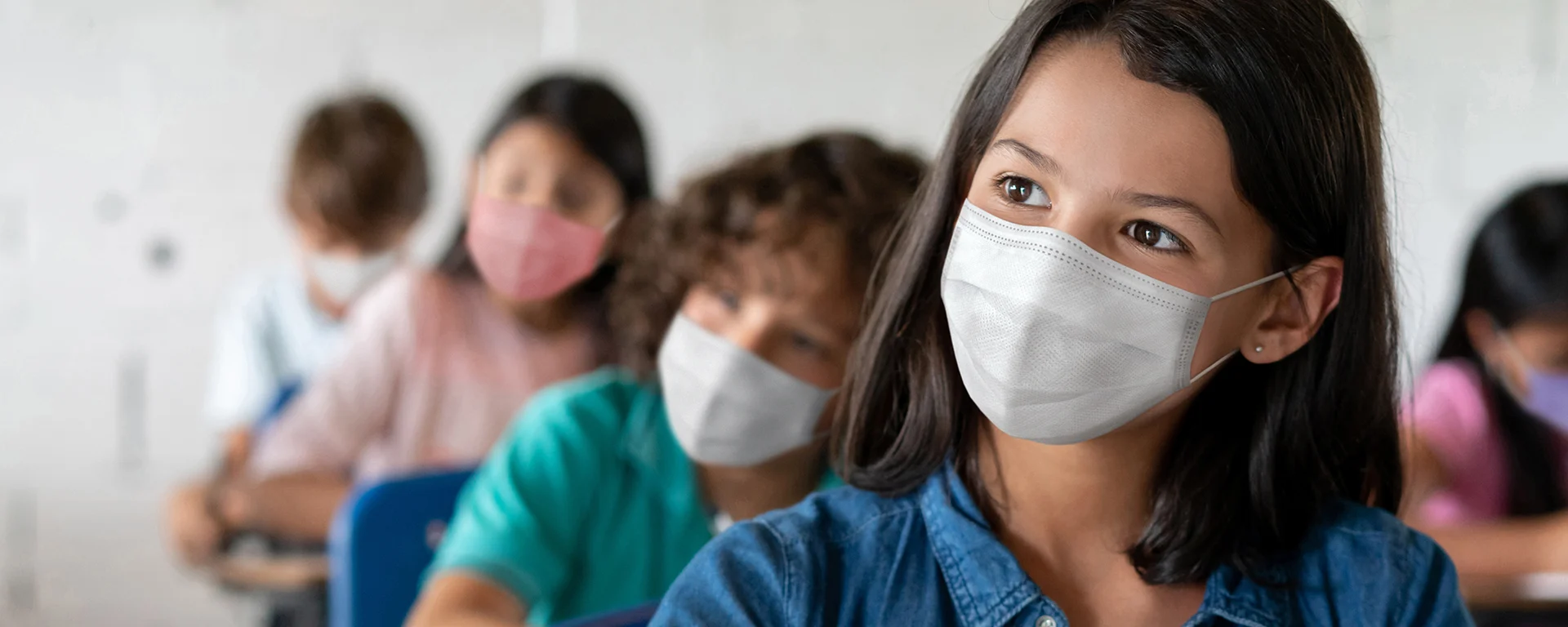Long COVID Is No Joke
I have a mild case. Millions of others have it a lot worse. Here’s what we know about this frustrating condition and how to prevent or treat it.
I had COVID in March 2020. It was what docs call a “moderate” case — I never had to go to the hospital (though it was a near thing), but I was sick in bed for the better part of a month. After that, it didn’t take me any longer to recover than it usually does after a respiratory illness that really knocks me out.
Except for one thing.
Ever since then, my ears have been ringing. Loudly. I can hear it over quiet music. I can tell that the ringing is two different pitches — lower in my right ear, higher in my left. If I have a headache coming on, the ringing pulses with a sound that reminds me of sci-fi weapons from old Doctor Who shows.
What is LONG COVID?
What I have is called tinnitus (pronounced TIN-ih-tuhs). It’s one of the least common (and weirdest) symptoms of Long COVID - defined as one or more of a set of health problems that COVID patients continue to suffer at least four weeks after having been infected. Most commonly, Long COVID patients have fatigue and “brain fog,” a disorder that affects what’s called “executive function”: people’s ability to focus, block out distractions, and hold onto information. Other typical symptoms on the American Medical Association’s list for Long COVID are “insomnia, changes in smell and taste, shortness of breath, chest pain, palpitations, dizziness, depression, and anxiety,” and those are only the typical ones.
So what causes Long COVID? And how can you avoid getting it?
At this point, nobody can answer the first question with complete certainty, but scientists are investigating three leading possibilities:
Ongoing inflammation: The body just keeps attacking and attacking, even though it’s already won the battle against the virus.
The virus itself: Maybe it’s hiding in the body and continuing to cause issues.
Blood clots: We know that COVID causes them, and that the virus also causes all kinds of problems with the lining of our blood vessels. Maybe it’s also leaving microscopic clots behind that are messing us up.
The final answer could be any or all of the above.
As for avoiding Long COVID, short of not getting infected at all (or for most of us, not getting infected again), your best bet is vaccination. The CDC currently estimates that a little fewer than one in five people who get the virus will have Long COVID symptoms a month after being infected, dropping to about one in fifty at three months after infection. The best research we have so far indicates that being vaccinated cuts that risk in half. Not perfect, but significantly better than nothing.
What about treatment?
Well, until we know exactly what causes the problem, it’s difficult to know how to fight it. Most Long COVID treatments these days focus on managing the symptoms. Meanwhile, researchers around the world are working to figure out which of the various approaches work best.
If you do have Long COVID and are looking for treatment, be careful - this is the kind of situation where snake-oil salesmen thrive. Check with your health-care provider before starting anything. They may not know whether it will work, but at least they’ll be able to tell you if it’s likely to be harmful or interact badly with something else you’re taking.
As long-haulers go, I’m super lucky. My tinnitus is annoying, but I can drown it out with music or white noise that’s just loud enough, and it doesn’t keep me from doing anything I want or need to do. Millions of people in this country alone have it much worse: In June 2022, a report by the Brookings Institution estimated that roughly 1.6 million people in the US were out of work because of Long COVID.
I’m now vaccinated and boosted — including the anti-Omicron BA.5 booster — so I’m hoping that the next time I encounter the virus, the odds will be in my favor. If you aren’t up to date on your vaccines yet, now’s the time to get that done. Believe me, when it comes to avoiding Long COVID, you want as much protection as you can get.






